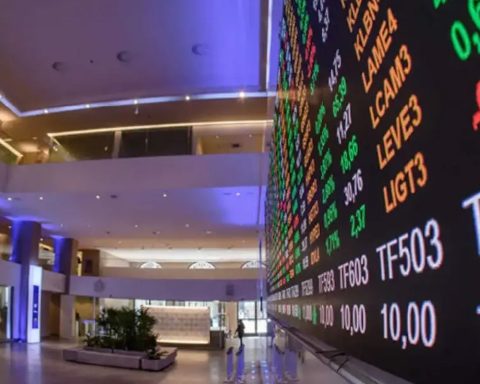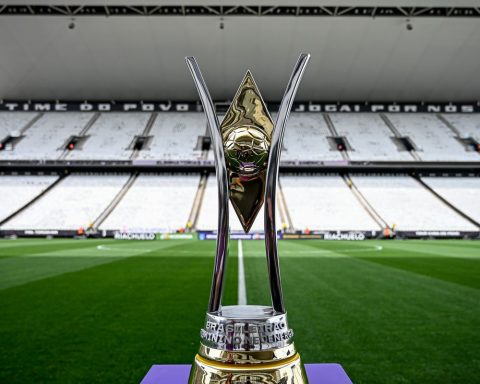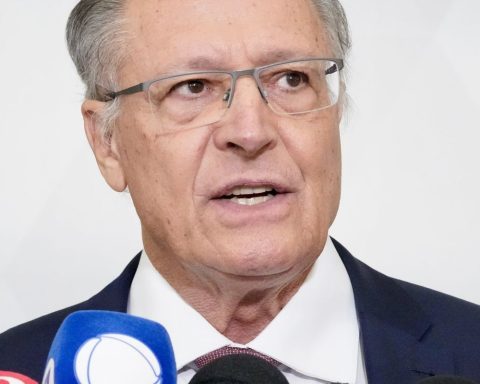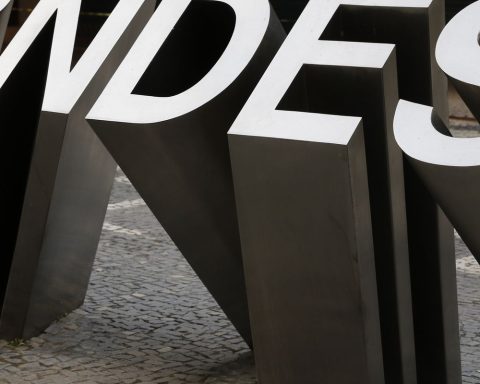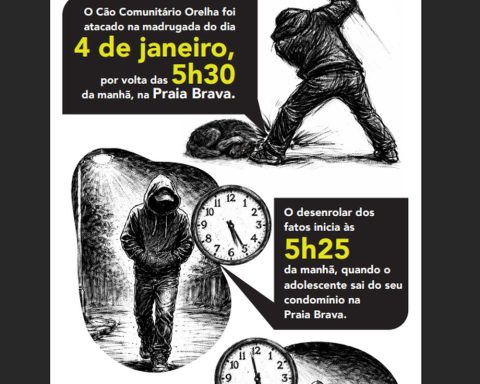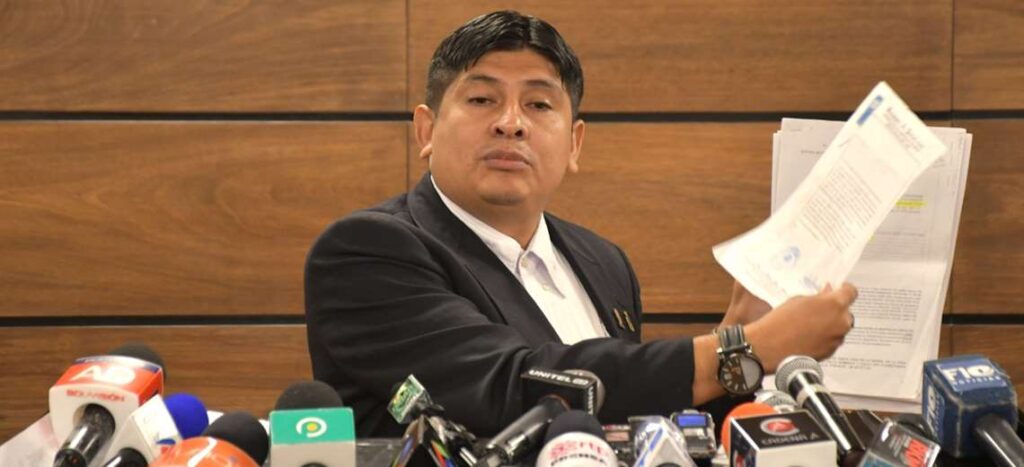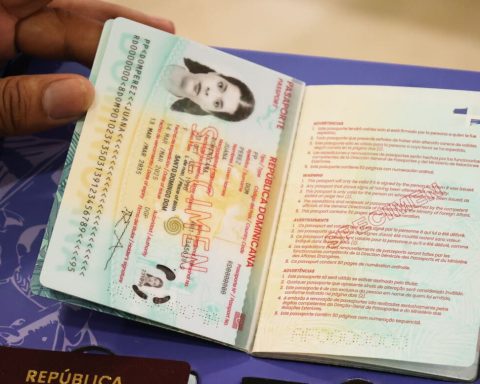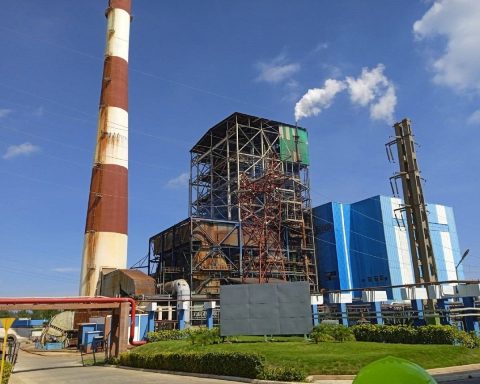The Senate may vote this Wednesday (29) on a proposal for a constitutional amendment (PEC) with a package with five measures to reduce the impacts generated by high fuel prices. With sewing and reporting by senator Fernando Bezerra Coelho (MDB-PE), who spent the last few days in conversations with the economic team and with grassroots and opposition leaders, the senators will vote on a replacement for PEC 1/22, which already provides for most of the announced measures.
Already the PEC 16, under debate until last week, will be attached to the substitute. From her, the only point that remained was the compensation to the states that reduce the ICMS rate on ethanol.
emergency state
In an interview today, Bezerra detailed the proposals one by one. According to him, as new social programs can be created in an election year only when there is a state of calamity or emergency.
In view of this, to avoid judicial implications by the electoral law, the measure contains an article with the recognition of the state of emergency “resulting from the extraordinary and unpredictable rise in the price of oil, fuel and its social impacts”.
The emedebista said that the measure cannot be understood as a “blank check” for the government to extrapolate the expenditure ceiling, given that the action only aims to make the PEC viable.
truck driver voucher
With the state of emergency recognized, senators want to make it possible for five months to pay the truck driver voucher, in the amount of R$ 1 thousand. The estimated impact of the measure is BRL 5.4 billion and the aid will help around 900,000 autonomous cargo transporters who have suffered from the rise in the price of diesel.
The senator added that, in this case, the National Registry of Road Cargo Carriers (RNTC), of the National Land Transport Agency (ANTT), will be used as the basis for payment.
According to Fernando Bezerra, because of the prospect of the aid having spread among the category, the demand for registration increased a lot this month. However, only those registered before May 31 will be considered.
Brazil aid
Another change – considered difficult for the senator – during the past week was the decision to eliminate the Auxílio Brasil waiting list and include another 1.6 million families awaiting registration.
In addition to significantly increasing the number of beneficiaries of the social program, there is a forecast of an increase of R$ 200 in the value of the program until December of this year.
With the increase, the additional cost will be around R$ 26 billion. The justification for the increase in aid, according to the senator, is the exacerbation of the Brazilian inflationary scenario and double-digit inflation, which has consumed the income of the poorest.
Gas Allowance
Another measure of the substitute is the expansion of the Gas Aid. The idea is that the initiative, which will cost the government R$ 1.5 billion, will allow the beneficiaries to receive R$ 120 every two months. This is the estimated average duration of a gas cylinder in the homes of the poorest Brazilian families.
Elderly Transport
Regarding public passenger transport, the text that will be presented will compensate companies for the gratuity for the elderly in urban, metropolitan and semi-urban transport, including that existing within the same Integrated Development Region (Ride).
The Federal District, with its surroundings, has the largest in the country. For the measure, the cost will be R$ 2.5 billion. The intention is also to relieve the system, which was also affected by the rise in the price of diesel.
Ethanol
The text also provides for a change in the form of reimbursement to states in the reduction of taxation on hydrated ethanol. According to Bezerra, to give more balance to the final prices of gasoline and alcohol – influenced by the 17% ICMS tax collection ceiling -, the government will need to transfer the amount of R$ 3.8 billion to the states that will be applied in tax credits.
The distribution criterion for this value is the level of ethanol consumption in each federative unit. São Paulo should keep around 55% of the resources, according to the parliamentarian.
Before getting off the ground, it will be up to the governors to define specific legislation for the distribution of these credits.
total impact
Bezerra explained that, with the exception of the inclusion of new families in Auxílio Brasil, all other measures will only be valid until December 31. With a total impact of BRL 38.7 billion, that is, almost BRL 9 billion more than the originally forecast amount of BRL 29.6 billion, Bezerra said that most of the difference is due to the inclusion of new families social program that replaced Bolsa Família.
Ballast
Regarding where the resources to cover the benefits will come from, Bezerra said that the government does not accept linking expenses to a specific source. The senator recalled that the primary result in 2021 was R$ 65 billion and that only until April of this year, the value was R$ 139 billion.
In addition, the forecast increase in revenues, without raising the tax burden, will be R$ 26.6 billion with the privatization of Eletrobras. There may also be an increase in the transfer of dividends, for example, from Banco do Brasil, Banco Nacional de Desenvolvimento Economico e Social (BNDES) and Caixa, estimated at between R$20 and R$30 billion.


